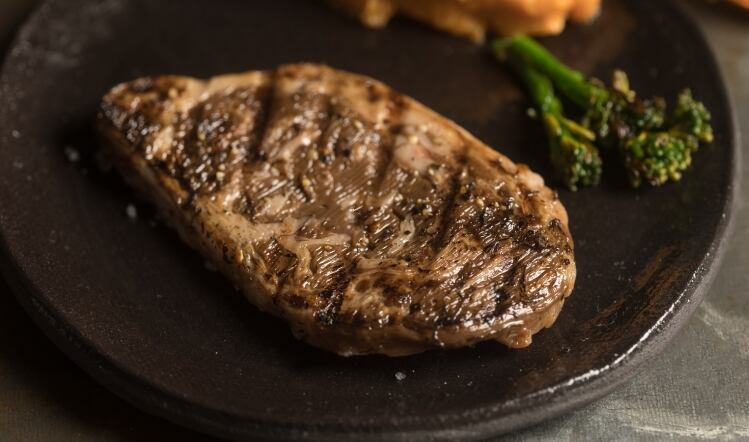The company announced it achieved the feat in conjunction with its research partner, the Technion Faculty of Biomedical Engineering at the Israel Institute of Technology, using 3D bioprinting and cow cells.
Aleph Farms says it is now able to produce any type of steak in this way and therefore plans to expand its portfolio of meat products.
“This breakthrough reflects an artistic expression of the scientific expertise of our team,” said Didier Toubia, co-founder and CEO of Aleph Farms.
The 3D bioprinting technology involves the printing of living cells, which are then incubated to grow, differentiate and interact to acquire the texture and qualities of a real steak.
The company says the system it has developed enables the perfusion of nutrients across the thicker tissue and gives the steak a similar shape and structure to animal-derived steak, before and during cooking.
Two years ago, Aleph Farms unveiled a cultivated thin-cut steak that was produced without the 3D bioprinting technology. The new system, however, did not involve genetic engineering or immortalisation of cells, according to the company.
“I am blessed to work with some of the greatest people in this industry,” said Toubia. “We recognise some consumers will crave thicker and fattier cuts of meat. This accomplishment represents our commitment to meeting our consumer's unique preferences and taste buds, and we will continue to progressively diversify our offerings.
“Additional meat designs will drive a larger impact in the mid and long term. This milestone for me marks a major leap in fulfilling our vision of leading a global food system transition toward a more sustainable, equitable and secure world.”
The company said the cultivated ribeye steak incorporated muscle and fat similar to its slaughtered counterpart.
“With the realisation of this milestone, we have broken the barriers to introducing new levels of variety into the cultivated meat cuts we can now produce,” said Technion professor Shulamit Levenberg, Aleph's co-founder and chief scientific advisor.
“As we look into the future of 3D bioprinting, the opportunities are endless,” Levenberg added.




